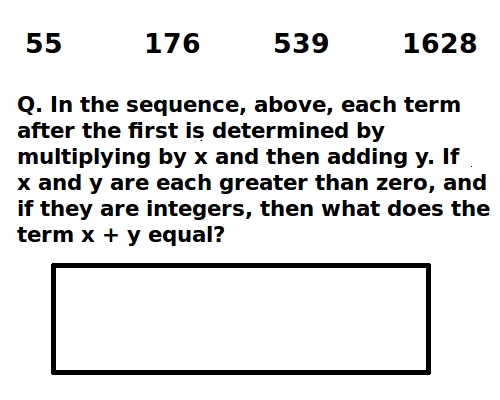As made clear in last month’s notes, the College Board administered in August 25th, 2018 a test that had previously been administered in China and Korea in June of 2017. Additionally, this is one of the exams that, apparently, got into the hands of many test taking companies and was intensively studied by students throughout Asia. By most standardized testing controls, if you have one set of students that have previously seen and studied the test, and another that has not, the results are in question, and the test is thrown out, and a new test issued.
College Board's August 25th, 2018 Debacle
College Board's June 2nd 2018 SAT Scores
Since the beginning of 2018, the College Board has had its challenges.
In June, the University of Chicago joined the ranks of becoming standardized test agnostic, throwing both the SAT and ACT out of its admissions process. In addition, the number of colleges using the SAT Subject tests in admissions is down to a handful.
Update on the New PSAT
On March 24th the College Board (CB) released a sample of its new PSAT ,along with a detailed answer key, on its website. The new, redesigned PSAT will premiere October 14th and is the first taste of the revamped SAT scheduled to be administered on 5 March 2016.
The PSAT, which will continue to be used as the National Merit Scholarship Qualification Test (NMSQT) by junior test takers, is a departure from the PSAT of 2014.
More than an SAT Score
On April 16th the College Board released sample questions from the 2016 ‘New’ SAT which were received with much fanfare by the SAT test-training world.
The questions and new essay format, though curriculum based and seemingly ‘more relevant’, still measure convergent thinking: the ability to assess multiple strands of information to arrive at one best answer. Convergent thinking alone, however, does not measure a student’s creativity or intellectual curiosity. To gain a fuller picture of a student’s creative capacity, measuring divergent thinking, the ability to develop multiple approaches to a problem, needs to be included.
Borrowing for College
“Neither a borrower nor a lender be;
For loan oft loses both itself and friend,
And borrowing dulls the edge of husbandry”-Polonius, Hamlet I, iii
To pay for college, most students have to borrow. In 2012, the average student graduated with over $26,000 of debt. That would buy a 2014 Subaru Forester sport utility 2.5i and still leave enough money to tour the Rockies for a month. All told, total college debt amounts to over a trillion dollars, and it is relentlessly rising.
The Benefits and Limits of Advanced Placement (AP) Courses
Some students in preparation for the challenges of college take four AP courses junior year, and another four or five senior year. Invariably, this makes for late nights studying, even cramming, although for many, this sometimes translates into delving into the subject and gaining a solid sense of the material. Whatever the motivation for joining a AP classes, it’s worth knowing how they’re perceived and used beyond high school.
SAT in Amherst, Massachusetts for a mere $4,495
When Henry Chauncey launched the Educational Testing Service (ETS) in 1947, which was and still is today, the exclusive test creation service for the College Board’s SAT, he was firmly convinced that he and his brilliant social engineers would revolutionize student assessment.
Chauncey believed that the creation of a standardized test would help sort out the most promising students, and would be “the moral equivalent of religion but based on reason and science rather than on sentiments and tradition.” (p. 68-69 The Big Test, Nicholas Lemann, Farrar, Straus and Giroux, New York, 2000)
College Board’s Score Choice Launches March 2009
If you take the ACT, you have control over which scores are submitted to which colleges. It’s a practice the ACT has had since its inception. Now the College Board, following the ACT lead, is introducing Score Choice. If you want to get more information on Score Choice, go to the following link: http://professionals.collegeboard.com/testing/sat-reasoning/scores/policy to get a copy of the fact sheet, and a PowerPoint presentation. Score Choice launches this March and will be available through the College Board’s website or customer service department.










